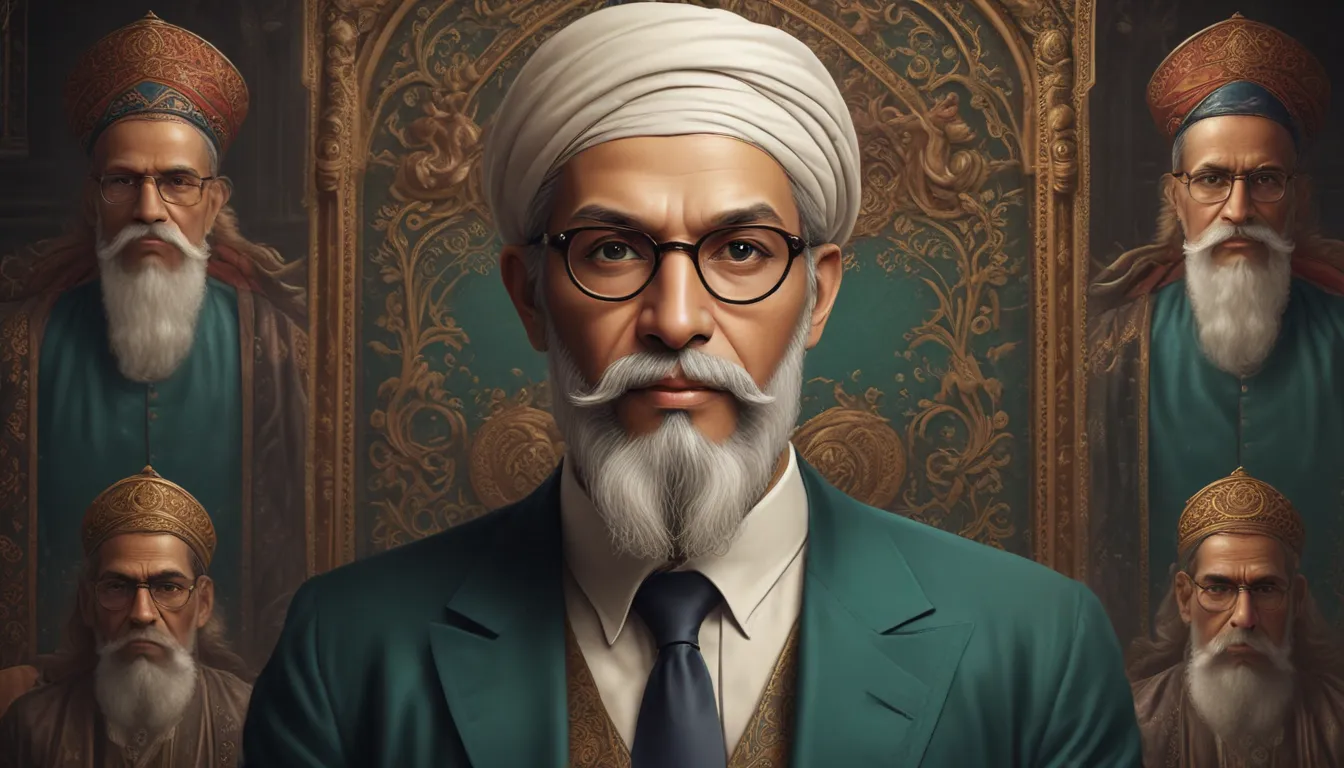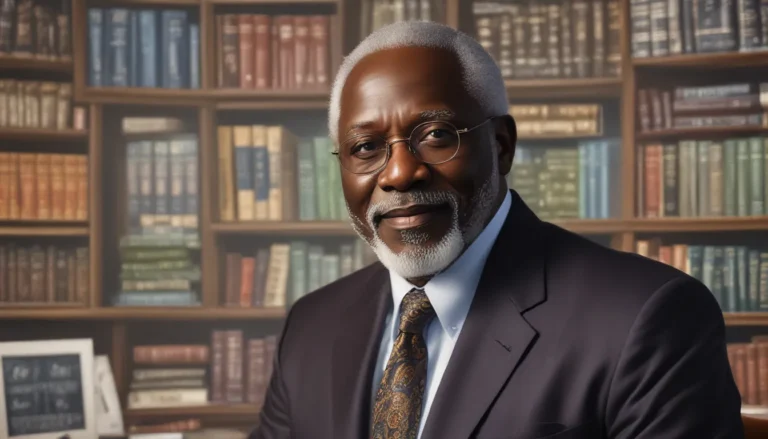The images in our articles may not match the content exactly. They are used to grab your attention, not to show the exact details in the text. The images complement the text but do not replace it.
Liaquat Ali Khan, revered as the “Quaid-e-Millat” or the “Leader of the Nation,” holds a significant place in the history of Pakistan. As the first Prime Minister of the newly independent country, he played a pivotal role in shaping its destiny. While his contributions to Pakistan’s establishment are well-known, there are several enigmatic facts about his life that often go unnoticed.
In this article, we will delve into the lesser-known aspects of Liaquat Ali Khan’s life, unraveling intriguing facts that shed light on his character, achievements, and untimely demise. From his early political career to his role in drafting the country’s constitution, we will explore the hidden chapters of his life that have greatly influenced Pakistan’s historical narrative.
The Life and Origins of Liaquat Ali Khan
- Liaquat Ali Khan was born on October 1, 1895, in Karnal, India, into an influential Muslim family.
- He pursued a career in law and became a prominent lawyer before venturing into politics.
His Association with Muhammad Ali Jinnah
- Khan was a close associate of Muhammad Ali Jinnah, the founder of Pakistan.
- Together, they fought for independence, and post-partition, Khan became a key figure in the new government.
Contributions as Prime Minister
- Serving as Pakistan’s Prime Minister from 1947 until his assassination in 1951, Khan worked tirelessly to stabilize the nation.
- He played a pivotal role in formulating the country’s foreign policy, forging diplomatic relations with various nations.
Advocacy for Minorities
- Khan was a staunch advocate for minority rights in Pakistan, emphasizing religious freedom and equality for all citizens.
- He signed the Liaquat-Nehru Pact in 1950 with India, aiming to protect the rights and security of religious minorities in both nations.
Challenges Faced and Legacy
- Despite facing opposition from various factions, Khan’s efforts in implementing reforms and shaping foreign policies were commendable.
- His assassination in Rawalpindi on October 16, 1951, marked a great loss for Pakistan, but his legacy continues to be celebrated.
Reflection on Liaquat Ali Khan’s Legacy
Liaquat Ali Khan’s unwavering dedication to Pakistan and his relentless efforts to shape a new nation make him an unforgettable figure in its history. His commitment to democracy, social justice, and nation-building remains integral to Pakistan’s narrative.
Frequently Asked Questions
Q: What was Liaquat Ali Khan’s role in the independence movement of Pakistan?
A: Liaquat Ali Khan was a key leader of the All-India Muslim League and advocated for Muslim rights, working closely with Jinnah to establish Pakistan.
Q: What were some of Liaquat Ali Khan’s notable achievements as Prime Minister?
A: Khan implemented significant reforms like land reforms, industrial policies, and strengthening diplomatic ties, solidifying Pakistan’s presence globally.
Q: Was Liaquat Ali Khan assassinated?
A: Yes, Khan was assassinated in 1951 in Rawalpindi during a public gathering, marking a tragic loss for Pakistan.
Q: How is Liaquat Ali Khan remembered by the people of Pakistan?
A: Khan is remembered as a visionary leader who laid the foundation for Pakistan’s development, embodying resilience and dedication.
Embracing Quality Content
Our commitment to delivering accurate and engaging content is at the core of our mission. Each fact on our platform is user-contributed and meticulously reviewed by our dedicated editors to ensure credibility and authenticity. Trust in our dedication to providing valuable insights as we explore the remarkable life and legacy of Liaquat Ali Khan.






